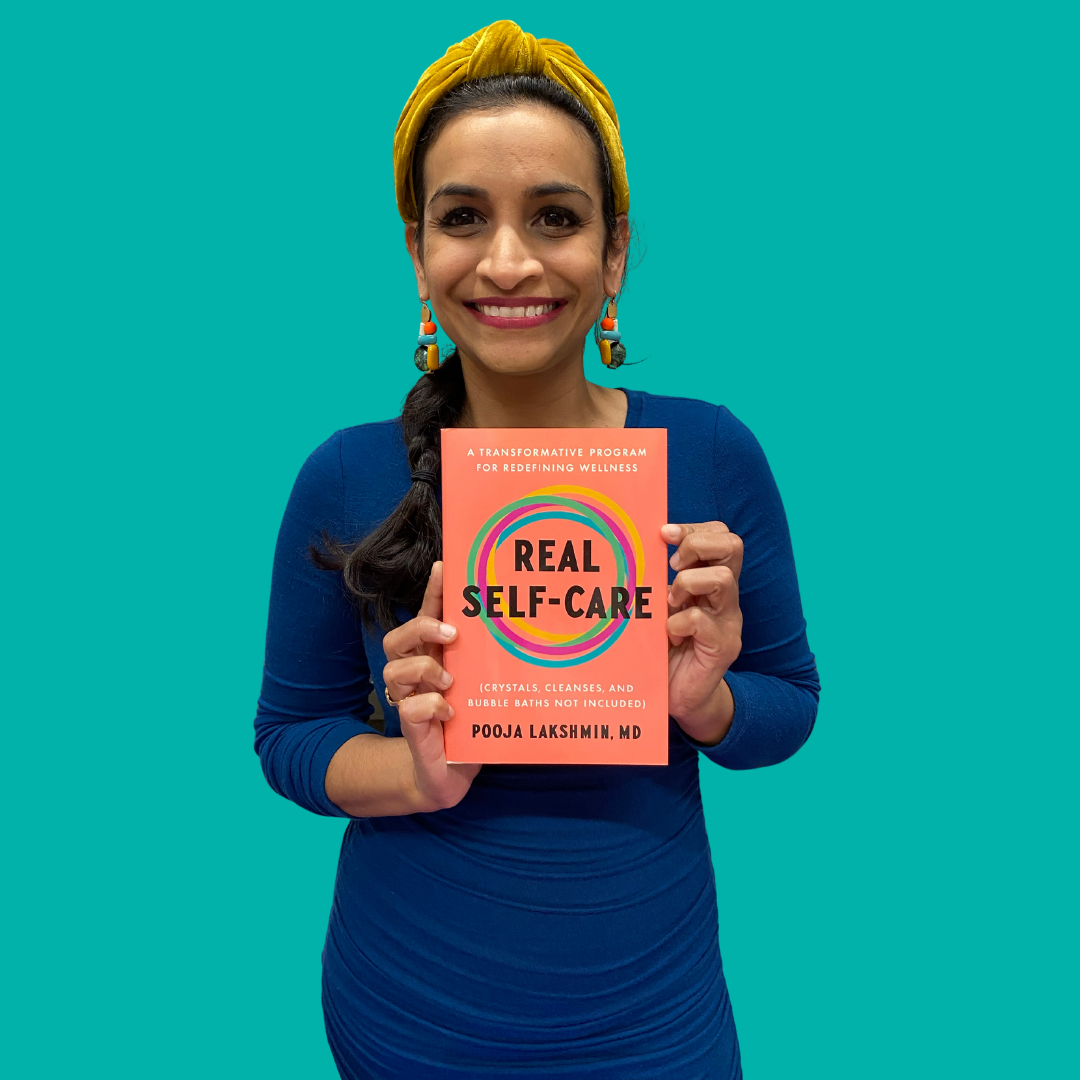Sexual Assault Awareness Month
April is Sexual Assault Awareness Month, so we’re shining a light on common questions surrounding sexual assault.
The National Sexual Violence Resource Center states that this years Sexual Assault Awareness Month theme is “Drawing Connections: Prevention Demands Equity.” This calls on all individuals, communities, organizations, and institutions to change ourselves and the systems surrounding us to build racial equity and respect.
Read below as our Sage House clinician, Lindsay Carroll, answers some common questions on sexual assault.
What is the difference between sexual violence, sexual assault, rape, and sexual harassment?
Sexual violence is the broadest term that encompasses all harmful and traumatic sexual experiences. Sexual assault, rape, and sexual harassment are all forms of sexual violence. This term also includes abusive comments, cat calling, nonconsensual sharing of explicit photos, voyeurism, exhibitionism, coercion etc. The difference between sexual assault and sexual violence is that not every form of sexual violence is codified in law as criminal.
Sexual assault includes criminal acts that are sexual in nature, from unwanted touching and kissing, to rubbing, groping, or forcing the victim to touch the perpetrator in sexual ways. Sexual assault overlaps with rape because the term includes rape.
Rape is a legal term that an individual can be charged with. What constitutes rape may vary across states/jurisdictions, but typically it is defined by penetration of the vagina or anus with a body part or object.
Sexual harassment is another broad term that includes unwanted sexual attention, gender harassment (disparaging individuals based upon their gender) and coercing an individual into sexual acts using threats or bribes.
What constitutes consent?
There are so many ways to break down and understand consent! Verbal consent is best as it is clear and direct communication. I love to use Planned Parenthood’s acronym FRIES: Freely given, Reversible, Informed, Enthusiastic, Specific and explore what this means for each of my clients. I also use the “CONSENT: It’s as simple as tea” video.
How do I know if I’ve given consent or if my partner has given consent?
Verbal consent is the best, most clear way to confirm that there is consent in the sexual act. This is what makes trust and emotional safety are so important in relationships. They provide the strong foundation needed to provide clear communication and understanding of consent. You can feel comfortable telling your partner “I don’t want to do this” or “this does not feel good” and trust they will respect your boundaries. On the flip side, you can confirm the exchange is consensual by asking “is this okay?” “Do you like this?” “Does this feel good?” “Do you want to keep going” etc.
When does rape or sexual assault typically occur?
Every 68 seconds, an American is sexually assaulted (RAINN). With this high of frequency, it can happen ANYWHERE and at ANYTIME.
My friend was assaulted and I’m struggling with how to offer support. What can I do?
Recognize in that moment the strength and vulnerability it took for that person to disclose to you, and honor this for them. Be careful not to express doubt or make shaming statements “are you sure…” or “why didn’t you…”. Let them know they were brave for telling you and that you believe them. Listen without trying to problem solve for them. If you are at your capacity of support, that is okay! Let them know you’re glad they came to you, but you don’t feel equipped with the knowledge they need to fully heal and offer to help them find a therapist or resources. Here in Fairfax County, we have The Office for Women and Domestic and Sexual Violence Services which is a great local resource that has a 24-hour hotline (703-360-7273). There is also a 24-hour National Sexual Assault Hotline available (1-800-656-4675). RAINN is an incredible resource with tons of info and links to further resources!
If you or someone you love has experienced sexual assault and needs help, please reach out to us. Our team of therapists is here to provide support and guidance. We look forward to connecting with you.







